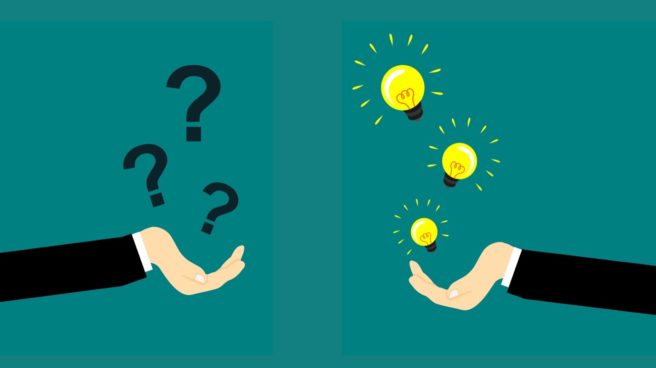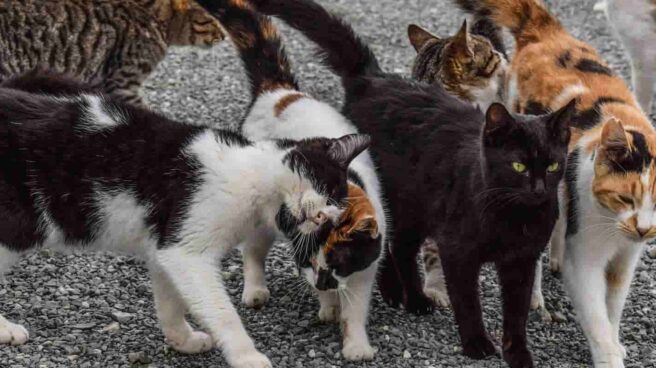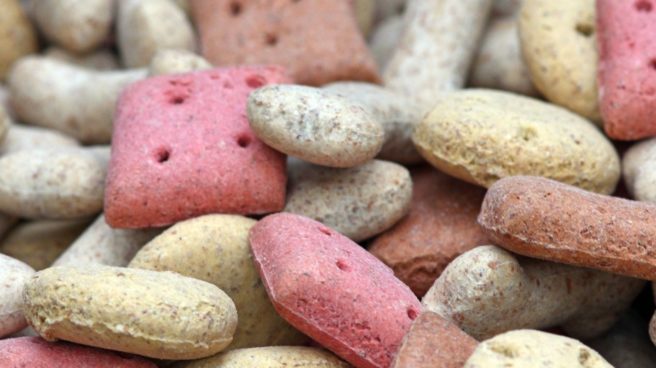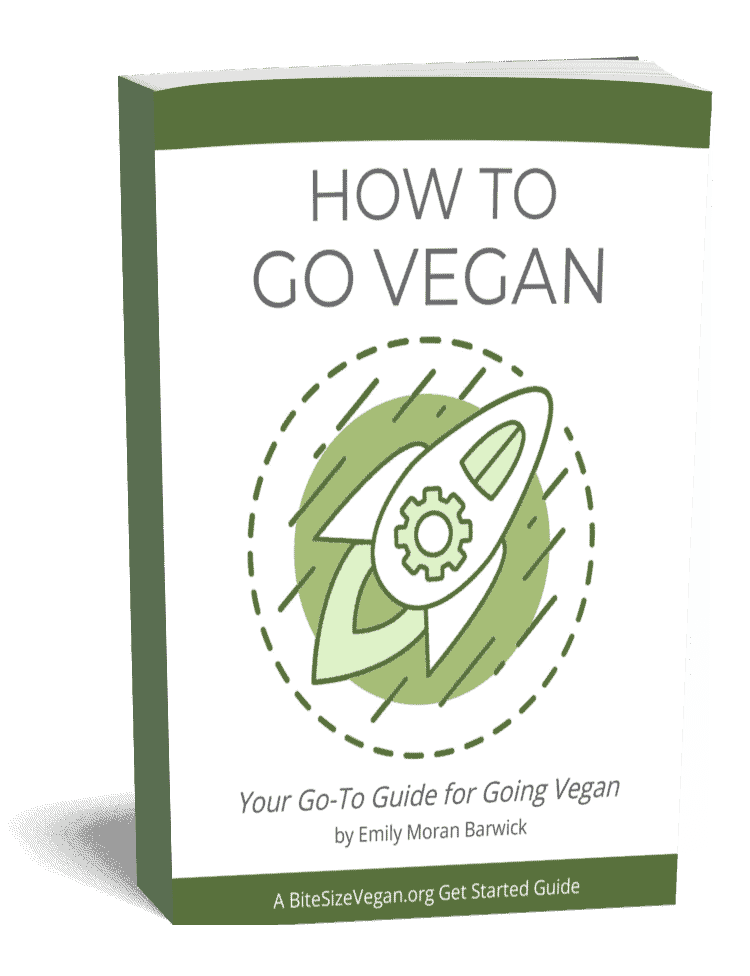In this Q&A session, which followed the talk “This Speech Will Change How You See Everything” we cover such topics as the ethics of honey, whether cats can be vegan, backyard chickens and the health consequences of eggs and more.
This Q&A session followed a speech I gave at Woodstock Fruit Festival in Diamond Point, NY. If you haven’t seen the speech, you can watch it here. I hope you find this session helpful. In this we cover such topics as the ethics of honey, whether cats can be vegan, backyard chickens and the health consequences of eggs, the ethics of horseback riding, why people don’t make the connection and more
Here are the questions I was asked and how I answered them. To hear my full responses, be sure to watch the video above
Q: Can you comment on honey? My husband died and made me promise I would take his hives. [tweet this Q]
A: I do have a video on honey–I think that’s one of those issues that people don’t always think of initially. I’m sure that you probably know more about bees than most people, but they create the honey to feed themselves and their babies. So, when we harvest the honey, we’re basically taking their food. And your practice might be different. In the industrial honey industries, beekeepers gas out their bees when it isn’t economically viable to keep them over the winter, they’ll just kill all the hives en masse and then just order new ones.
There’s also the ethical implication of shipping bees (they may get damaged and killed in transport). A lot of the times when people order queens and get them in the mail, they have their wings ripped off. They’ll just be torn off and they’re stuck in the hive. The thing is, with all animal products, in the end we’re taking the product of these bees and it’s not for us, and it’s always to their detriment.
There’s also the environmental aspect of it, and there’s a lot of people that say, “If the bees die, we’re not going to have any food”, and that’s true of the pollinator bees. But the bees we farm are really bad pollinators, and they will actually edge out the native bees that need to be going and pollinating and so it also becomes a bit of an issue of this false introduction of a species that doesn’t naturally exist, so that can be detrimental as well.
Q: I have a cat and the cat eats organic cat food and things like that, and I feel a little bad about it. Is there anything that you could recommend? [tweet this Q]
A: Yes. I do have a really old video on vegan pets, and a vegan pet playlist, and I plan on doing one that’s more recent that’s particularly focused on cats because there’s the concern of the obligate carnivore. And dogs can very easily be vegan and it can be very healthy. My dog is vegan and her health improved as a result. With cats it can be a little trickier. The interesting thing, though, is one of the main elements that makes them obligate carnivores is taurine, and the taurine that is in meat-based cat foods is the same synthetic taurine that’s in vegan cat foods. So it’s all synthetic. It’s been synthetic since the early 1900’s like way before Red Bull they created synthetic taurine, and so it is possible for cats to be vegan.
However, I say this with a caveat, because there are cats that might have a preexisting condition or can suffer kidney issues depending on their medical history, so it’s something that needs to be done very delicately if you’re going to transition your cat it would need to be very, very slowly, and with keeping in mind watching them and watching urinary patterns and such, and it is possible, but like I said with the caveat that because perhaps existing kidney issues they can have a difficulty with that.
That said, Ami’s cat food is one–I have heard good things about. There’s also vegan tuna, to make it more appealing if they’re having trouble transitioning, because cats particularly don’t like their food changed. And I’m not sure about your brand, but cat food, even some of the higher grade brand, have expired meat in them. So spoiled meat from the supermarket would end up in the food, and manufacturers aren’t required to take the plastic and Styrofoam off the meat. Flea collars, soaps, oils and lubricants also go in there.
Now this is interesting–you know hotdogs are the most rejected meat parts possible? Well, the meat that the hotdog companies refuse to take goes to pet foods. So that’s how bad it is. If the industry that uses reject meat parts actually rejects meat parts, you know it’s not choice.
In the past, some pet food brands put euthanized pets in their product and there were even traces of euthanasia drugs in the food.
And yet, the commercials for pet food say stuff like, “Give your cat this filet mignon”, and it’s not. It’s really horrific stuff and if you look at it like, “Why is it that our pets are developing like cancer and these kidney diseases and these things that, you don’t see a wolf with cancer. And obviously, there’s more than that, but we’re feeding them kind of the same processed issue foods that we have and it’s just, it’s terrifically unhealthy when you look at what goes into the pet foods and there’s not great regulation. Also, the spent animals that we saw, like animals that are too diseased, um, you know that have just collapsed, and, or are like severely diseased and have, you know, pustules and stuff, that goes to pet food.
So, they’re like the rejects of the rejects. And, so that can sometimes be more concerning for people than the ethical side. If you’re not super upset about the ethics of feeding animals to your animal, there are other reasons not to feed these pet foods to our pets.
Q: So, I know a lot of people that like raise their own chickens. So other than you having an ethical reason not eat eggs, is there anything like, health-wise? [tweet this Q]
A. Oh, yes…absolutely. I have a whole video planned for that. I’m really excited about it. It’s going to be a good one. I’ll speak to the ethics very briefly and then I’ll go into the health side, which is, there’s so much goodness about eggs and health. On the ethics side, I’m often asked “well if you raise your own chickens, you know, we’re not doing anything to them we should be able to eat their eggs.” It’s kind of similar to the issue of bees, although bees need their honey to eat. At the same time, chickens create their eggs for themselves, not us, so on that very basic level it’s taking something that doesn’t belong to us.
Chickens will cannibalize their own eggs when they’re unfertilized, and it’s actually good for them, whereas it’s the opposite of what our bodies need, so it’s best for us to just let them do that. Backyard chickens are becoming like a big hipster phenomenon: “I’m going to get backyard chickens, you know, I mean it matches my beanie.” I’m not trying to be offensive to hipsters, but it’s like a thing now. It’s kind of the phenomenon of getting your child a chick for Easter or a bunny for Easter. It’s fun and cute and sounds really great and then people don’t realize the upkeep and the entire cost of it and then, so there’s all these backyard chickens and people are like, “Um, what do we do with this? Oh, we’ll eat the chicken. Or, we’ll release them.”
Health-wise, eggs are probably like one of the worst things you can put in your body. There is one of the longest running nutritional studies is the Harvard Nurses Study which surveyed over a hundred thousand women, and over a period of more than fifteen years. They were basically trying to study what the leading causes of mortality were in these women in general, and they found that eating one egg a day shortened your life as much as smoking five cigarettes a day.
And so, it’s very unhealthy, and interestingly enough, Dr. Michael Greger of nutritionfacts.org used the Freedom of Information Act to get correspondences released between the Egg Board and egg industries, because in the United States at least if you are an end company and you want to make a commercial, and you want to use government money for it, you have to be truthful. Whereas if you want to make your own advertisement, you can say whatever you want. So, there were all these emails between the USDA and these egg companies, and it turns out legally you can’t call eggs healthy. You can’t call them healthful. You can’t call them nutritious. You can not call them a good source of protein. You can’t call them part of a balanced diet, because they are not.
Legally, you cannot even call them safe, because they are so phenomenally detrimental to health. They’re so high in cholesterol. They’re so high in saturated fat. There’s, of course, the E. coli and all of those issues as well. They’re not even really high in protein, when you look at it. So, what they had to do to kind of finagle it, you couldn’t even say they helped with weight loss because they don’t, because they’re giant high in cholesterol and fat. So, what egg companies had to say in their ads was it would help you stay full. And, it’s like, oh, food that helps you stay full–it’s phenomenal. So, eggs are incredibly unhealthy, so even ethics aside, it’s just probably one of the worst things you can put in your body.
Q: I want to know if you can speak to the ethics of horseback riding? [tweet this Q]
Yeah. Absolutely! I have a video on that which made people very angry. There’s a lot of issues and I’m definitely not going to remember all the statistics properly but even just the act of itself causes spinal displacement and strain on the horse’s vertebra. And these damages can happen even within fifteen minutes of riding a horse so there’s lasting spinal damage in especially with horse racing.
I could go on forever about horse racing–that video probably was one of the most heart wrenching I’ve made. Within that industry, but also some people who ride just in general, they will ride horses when they’re when they’re young and their plates are not fully fused yet, so it’s it’s doing severe damage before their bodies are even fully formed.
The bit damages facial nerves, teeth, and the roof of the mouth. It actually digs these grooves in their mouths and presses on their trigeminal nerve. You’ll hear people say that there are “gentle bits” but they’re meant to control the horses and the way that we control them is through pain.
There’s a lot of ways to interact with horses without sitting upon them–ways to interact with them from the ground. We don’t ride our dogs for exercise and we don’t need to ride our horses for exercise. It’s kind of a blind spot because we grow up thinking, “well, we ride horses, that’s what we do with them.” But physically it is just it’s very damaging for them and I would argue emotionally as well.
One thing I think that a lot of people don’t know about the dairy industry, and with the horse racing industry it is a very similar set up where you have the purebred horses that are like the “future race horses” and they need to be nursed but their mothers are going to be you used to kind of make more potential racehorse so what they do is they have these wet nurses (called nurse mares).
But in order to have milk, nurse mares need to have babies and those babies are sent to slaughter just like the baby cows are. Although it’s not legal in America to slaughter horses and it’s not even legal to ship them to Canada when they’re that young, so a lot of times the babies of the nurse mares are just clubbed to death or just killed very violently by the farmer.
This industry is just pumping out thousands and thousands and then they usually have blow outs on the track where the horse’s legs literally break and then they’re just thrown aside.
Q: What do you do with products you already had when you went vegan, like leather shoes or wool sweaters? [tweet this Q]
I personally tossed all of them because I didn’t want to around anymore. But I say that with the caveat that I think–especially if if you’re in a place financially where you have a pair of work boots and that those work boots are leather and if you don’t have those work boots you have no shoes wear. In that case, wear your boots until they’re done.
If you have one coat and if you don’t have that you’re going to freeze to death, wear the coat. The damage is done. The problem with that of course is that it can give the appearance to others that is that you you think it’s OK. It can confuse people, like “she’s vegan and she’s wearing this.” But again, I say especially when people are new, consider your circumstances AND do the very best you can. Personally, I got rid of it, I didn’t want to around I didn’t want to I didn’t want to be validating it in any manner but I also will not condemn someone who needs to wear out their shoes because that’s their one pair of shoes and that’s what they have. Then from now on you know differently, you can act differently from here on out. You can make different choices.
Q: Why don’t people make the connection, especially when presented with hard facts? [tweet this Q]
I have a lot of people ask me “Why don’t people get it” or “Why with all of these facts that we have all of this data that I just showed. Like, what’s the deal?” Why aren’t people grasping this when there’s hard facts and you know that can be it can be really frustrating and I think honestly and this is my personal opinion, so I don’t have a study for this but my personal opinion as to why people don’t get it sooner and accept it or just never make that connection is that to go vegan–and especially if you’re going vegan ethically–when you make that decision you are simultaneously acknowledging what you’ve been contributing to animal suffering. You say, “I’m going to go vegan because I’m recognizing that this is what the animals are going through and this is what is happening to the planet and that I’m taking food from starving children.”
That’s not something we want to admit, it’s not something that’s easy to face and I think, because like I said in the speech, we want to be just thought of as good people. I think a lot of times that’s the greatest hindrance and for people is that it is painful. When you go when you go vegan with the full knowledge of all of the aspects, it is openly acknowledging “I did the things, I was complicit in these atrocities.” I think that’s probably the main reason but I that is never the reason you’ll hear when people are having objections about veganism. You’re going to hear “protein” you’re going to hear “X, Y, or Z nutrient.” You’re going to hear how we have canines because to even say that objection they’d have to be in in touch with all those painful things and I think it’s just it’s too much for a lot of people. It takes a lot of strength to look at that in the face and say I did this is what I did. So instead we get all of these other excuses that aren’t based in the logic.
I hope that this session and the speech it followed were helpful. Please share this around to help reach others with similar questions.
You can also search my website or my channel for topics I’ve already covered!
— Emily Moran Barwick







Wonderful information. Thank you for all the vegan food for pets. I am not sure if Halo is vegan or not.
I can never watch western movies or TV shows because I always thought it must be painful the way the horse is pulled to stop or go left or right. I am very glad you also talked of it.
“When you go when you go vegan with the full knowledge of all of the aspects, it is openly acknowledging “I did the things, I was complicit in these atrocities.”
Shortly after going Vegan 8+ years ago, I spent a lot of effort to figure out why it do so long. ( researched for five years) I support what you said with the addition that one aspect of youth is they don’t have the mental muscle to fully understand the consequences of their actions.